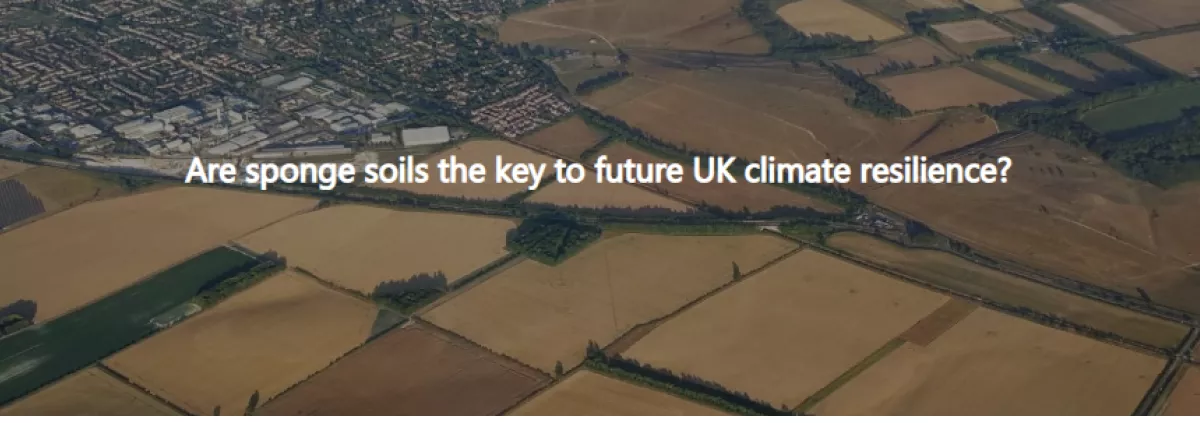Mid-August is now upon us, and many of us in the U.K. are seeing the first rain in several weeks. After the driest period for nearly 50 years, John Curtin, the Environment Agencies (EA) Executive Director of Operations tweeted, "heavy thundery rain on parched & hard ground will lead to rapid runoff and heightened flood risk this week. But - this will in no way correct weeks of dry weather so most of England will remain in drought. So we are in that twilight zone of having both flood & drought warnings…"
Nature Based Solutions (NBS) are very much at the forefront of actions to protect, sustainably manage, and restore natural and modified ecosystems that address societal challenges effectively and adaptively, simultaneously benefiting people and nature.
One such approach is using our soil as a sponge, Alastair Chishom, Director of Policy at CIWEM, in the above titled article, points out "about 37% of the storage capacity for water in the UK is currently held in our soils. Whilst the place many might consider to be the main storage capacity would be water bodies (lakes and rivers), that’s a small proportion compared to soils and the vegetative canopy because soils and canopies are everywhere and water bodies are not."
Sponge soils, could therefore be one approach to 'slowing the flow' as part of the flood risk management dialogue. As Alastair observes, a multi faceted approch, including investment and further research is required, and while he admits the idea may seem outlandish, with the implications of climate change becoming more evident, we ought to be working fast to fully understand what healthy soils really can offer us.
